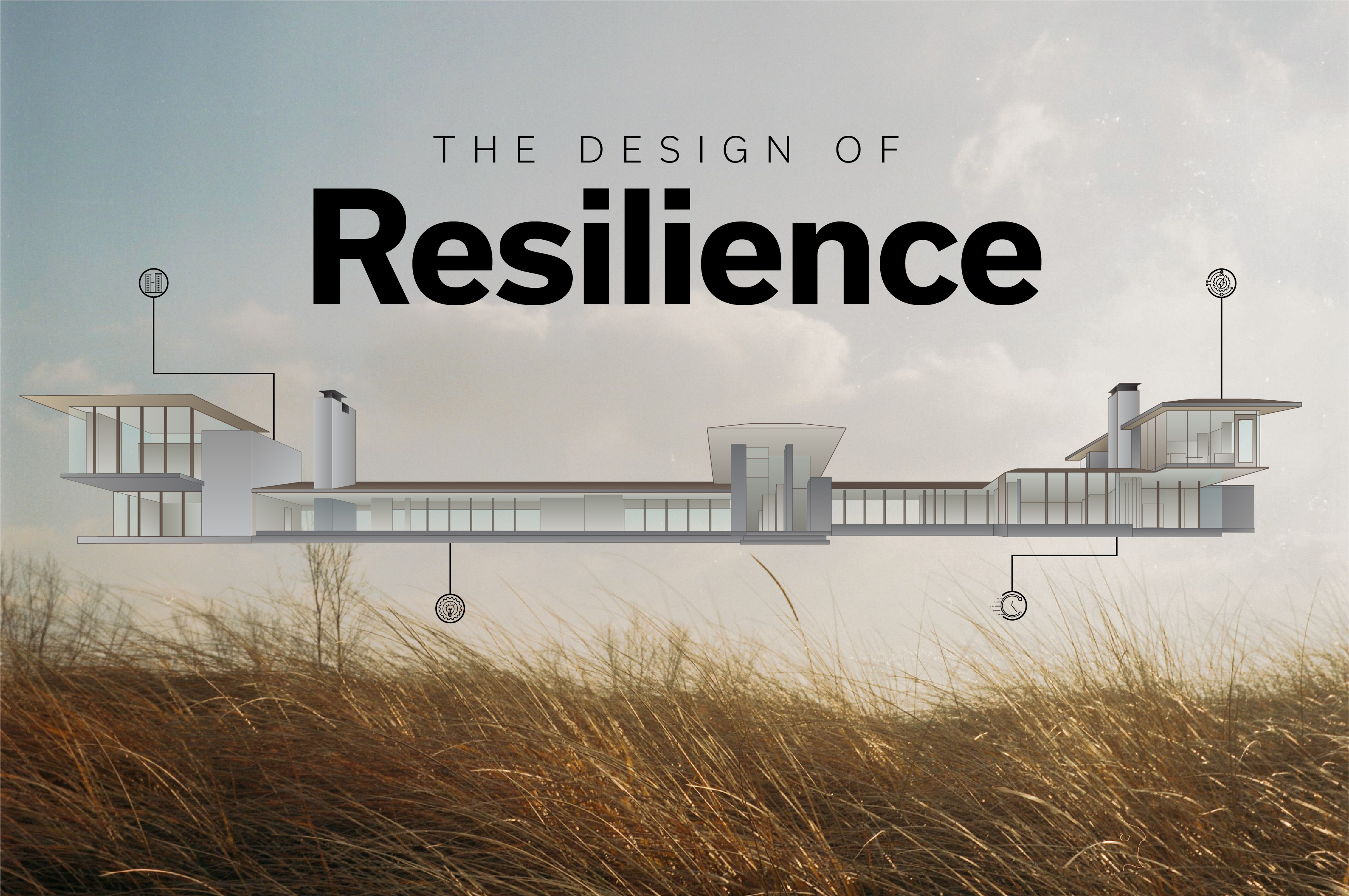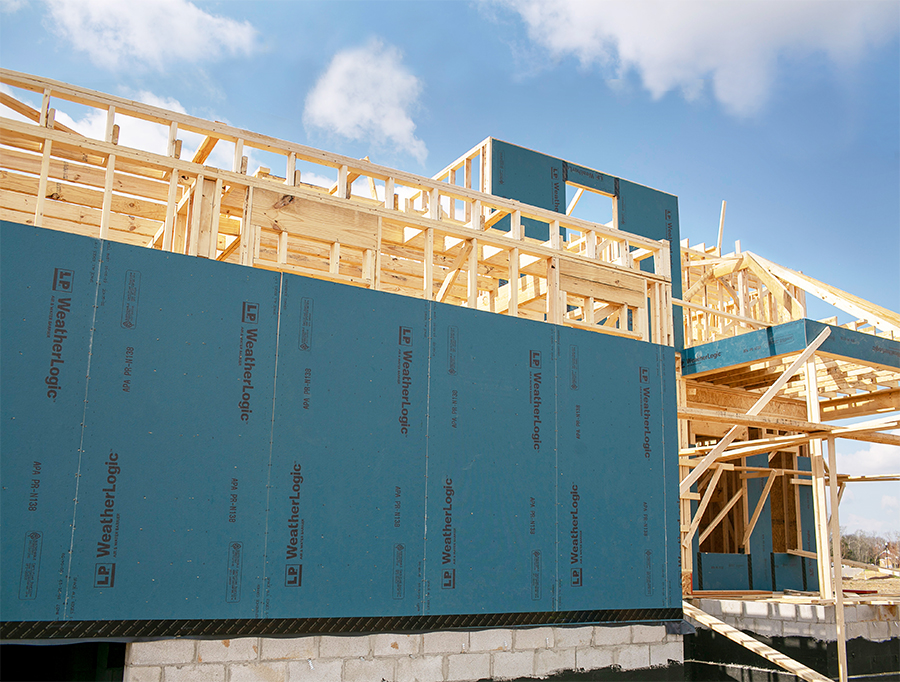What Architectural Elements Contribute To The Structural Resilience Of Buildings Against Natural Disasters?

When it comes to building materials, it is essential to choose the right ones to ensure that your structure is safe, durable, and resilient. That's why we have Craig Miles, an expert on the resilience of structural solutions building materials, to share his insights on the matter.
Here are some important things to keep in mind:
1. The Benefits of Structural Solutions Building Materials
Structural solutions building materials, also known as engineered wood products, offer several advantages over traditional building materials, such as concrete and steel. These benefits include:
- Durability: Engineered wood products are highly durable and can withstand heavy loads and extreme weather conditions.
- Sustainability: Most engineered wood products are made from sustainable materials, making them an eco-friendly choice for builders and homeowners.
- Cost-effectiveness: Compared to traditional building materials, engineered wood products are more cost-effective, making them a popular choice among builders.
2. The Resilience of Structural Solutions Building Materials
One of the most significant advantages of structural solutions building materials is their resilience. These materials are designed to withstand both natural and man-made disasters, including earthquakes, hurricanes, and fires. Here are some of the reasons why these materials are so resilient:
- Layered Construction: Engineered wood products are made by bonding layers of wood together, resulting in a strong, stable, and resilient material.
- Pressure Testing: Most engineered wood products undergo rigorous pressure testing to ensure their strength and durability.
- Resistant Coatings: Some engineered wood products are treated with fire-resistant and water-resistant coatings to make them even more resilient.
3. How Structural Solutions Building Materials Compare to Traditional Building Materials
While traditional building materials like concrete and steel have their advantages, they don't offer the same level of resilience as structural solutions building materials. Here's how these materials compare:
- Concrete: While concrete is durable, it can crack and fail under extreme conditions like earthquakes and fires. It's also much heavier than engineered wood products, making it more difficult and expensive to transport and install.
- Steel: Steel is a strong material that can withstand heavy loads, but it's susceptible to corrosion and can weaken over time. Additionally, steel is more expensive than engineered wood products.
4. Who Should Consider Using Structural Solutions Building Materials
Structural solutions building materials are an excellent choice for anyone looking to build a safe, resilient, and eco-friendly structure. This includes:
- Homeowners: If you're building or remodeling your home, using structural solutions building materials can help ensure that your home is safe and durable.
- Builders and Contractors: Structural solutions building materials are a popular choice among builders and contractors due to their cost-effectiveness and ease of use.
- Architects and Engineers: Architects and engineers can benefit from using engineered wood products because they offer the same level of strength and durability as traditional building materials, but with added sustainability and cost-effectiveness.
Frequently Asked Questions
What Are Structural Solutions Building Materials?
Structural solutions building materials, also known as engineered wood products, are made by bonding layers of wood together to create a strong, stable, and resilient material. These materials offer several advantages over traditional building materials, including durability, sustainability, and cost-effectiveness.
Are Structural Solutions Building Materials Resilient?
Yes, structural solutions building materials are highly resilient and are designed to withstand both natural and man-made disasters, including earthquakes, hurricanes, and fires. They are made using layered construction, undergo rigorous pressure testing, and may be treated with fire-resistant and water-resistant coatings to make them even more resilient.
Who Should Consider Using Structural Solutions Building Materials?
Structural solutions building materials are an excellent choice for anyone looking to build a safe, resilient, and eco-friendly structure. This includes homeowners, builders and contractors, architects, and engineers.
What Are the Benefits of Using Structural Solutions Building Materials?
The benefits of using structural solutions building materials include durability, sustainability, and cost-effectiveness. These materials are highly durable and can withstand heavy loads and extreme weather conditions. Most engineered wood products are made from sustainable materials, making them an eco-friendly choice for builders and homeowners. Additionally, compared to traditional building materials, engineered wood products are more cost-effective.
How Do Structural Solutions Building Materials Compare to Traditional Building Materials?
While traditional building materials like concrete and steel have their advantages, they don't offer the same level of resilience as structural solutions building materials. Concrete can crack and fail under extreme conditions, while steel is susceptible to corrosion and can weaken over time. Additionally, both materials are more expensive than engineered wood products.
Where Can I Find Structural Solutions Building Materials?
You can find structural solutions building materials at most home improvement stores and building supply companies. There are also many online retailers that specialize in engineered wood products.
How Can I Make Sure That My Structure is Safe and Resilient?
To ensure that your structure is safe and resilient, it's essential to choose the right building materials. Using structural solutions building materials can help ensure that your structure can withstand natural and man-made disasters, including earthquakes, hurricanes, and fires.
Are Structural Solutions Building Materials More Expensive Than Traditional Building Materials?
No, structural solutions building materials are generally more cost-effective than traditional building materials like concrete and steel. The cost of engineered wood products varies depending on the type and quantity of materials needed, but in most cases, they are less expensive than traditional building materials.



Post a Comment for "What Architectural Elements Contribute To The Structural Resilience Of Buildings Against Natural Disasters?"